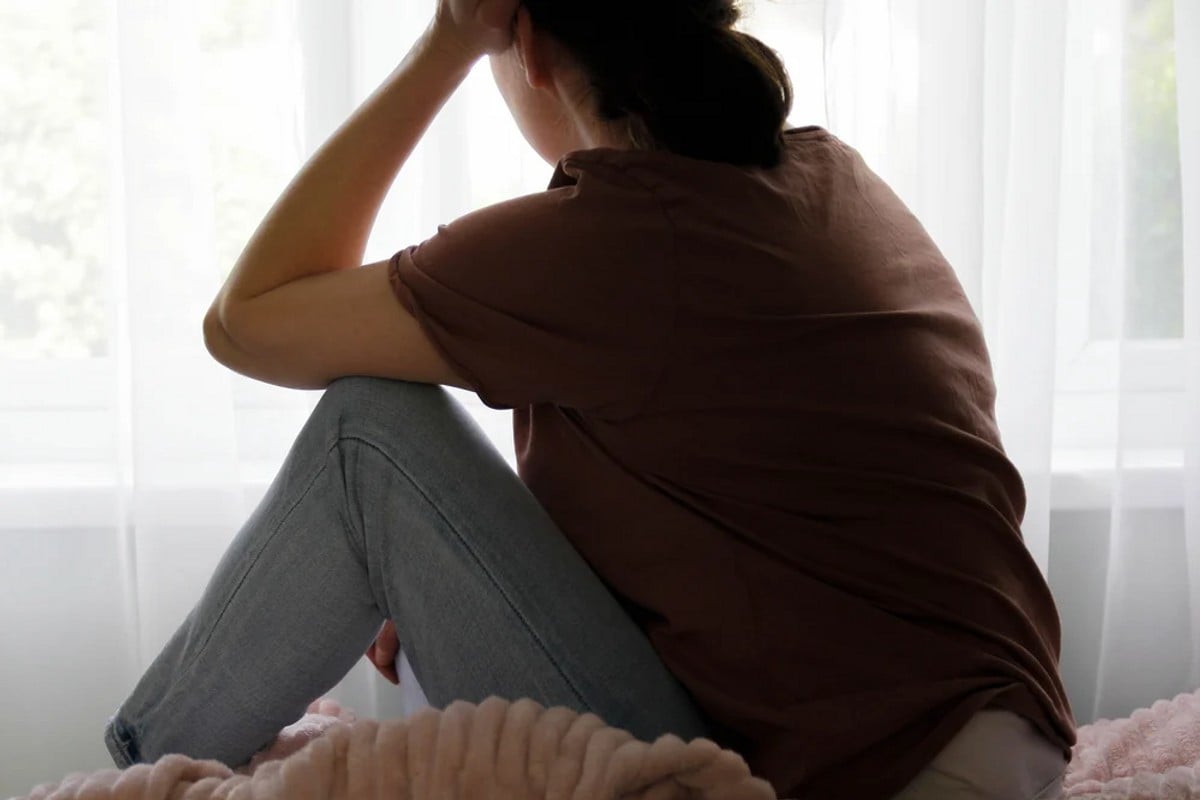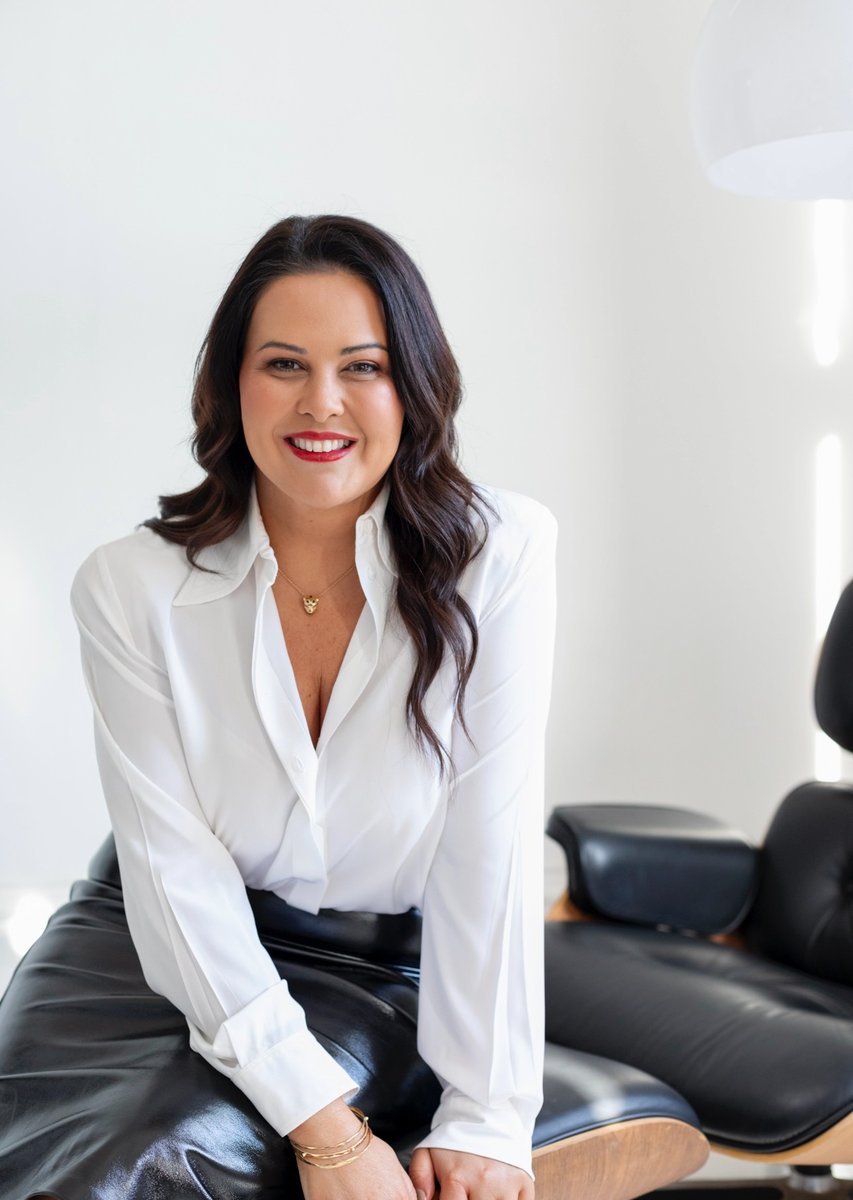
Eleni didn't realise she was stuck in an abusive relationship until his grasp on her life was so tight she couldn't breathe. It's a reality many of us find hard to comprehend.
In the last eight years of her 21-year marriage, her world shrank, and her willpower was ground away at the hands of her husband. He controlled who she spoke to, where she went, who she saw.
"Then there was the hitting walls and throwing things," she told Mamamia. "I thought that was normal."
The toxicity leeched into her psyche, making her believe everything was her fault; that she wasn't a good wife or mother.
"If I am not compliant with what is being said to me, then I won't be of value, so I tried harder and harder not to rock the boat," she said, of how she felt at the time.
Listen: Why Australia's prison system is stacked against women. Post continues below.
Eventually, Eleni bravely reached out for help and was diagnosed with severe clinical depression. In 2007, she finally separated from her husband and they attended counselling.
During one of the sessions, her ex confirmed her worst fears. When asked what he liked about life with Eleni, he said he loved her for her housework, and for sex.
It turned her brain against her, confirming an unconscious internal bias that she was worthless. That she didn't matter. That every horrible thing he'd told her must be true. Eleni was heart-broken and desperate for validation, to feel like she mattered.





























































































